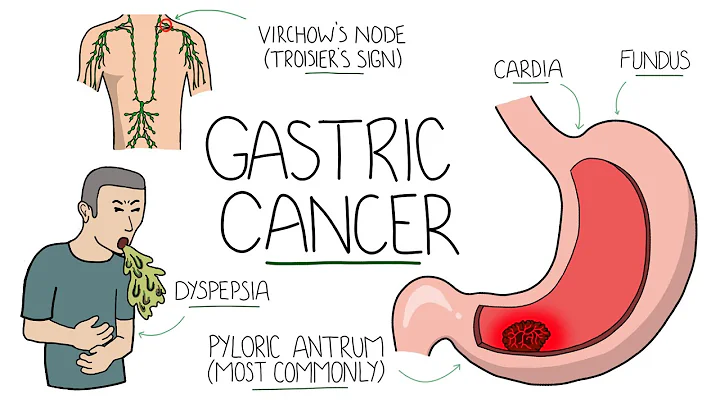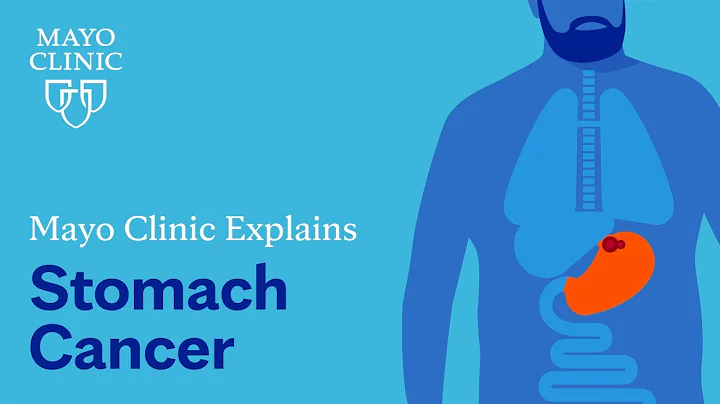Speaking of atrophic gastritis , the public has many misunderstandings and even excessive panic about atrophic gastritis. Atrophic gastritis, also known as chronic atrophic gastritis, is a common disease. Some patients can develop gastric cancer. It refers to the atrophy of gastric mucosal epithelium and glands, the number of which is reduced, the mucosal base layer is thickened, or it is accompanied by pyloric gland metaplasia and intestinal tract. Glandular metaplasia , or atypical hyperplasia. In words that ordinary people can understand, after the gastric mucosa becomes thinner, the glands that can secrete digestive juices are reduced and atrophied, which may be reversed, and the chance of cancer is low; some cells also change their appearance, like intestinal cells. Changed (intestinal metaplasia), it may also be reversed, and the risk of canceration still exists; some cells may even grow and deviate, becoming more and more like cancer cells (atypical hyperplasia). It is generally believed that reversal is difficult, and the risk of canceration is relatively increased. Statistics show that more than half of people over the age of 55 suffer from atrophic gastritis. How to block the cancer path of atrophic gastritis? Today, I will explain it to you in the most common language. I hope it will be helpful to you.

For the treatment of atrophic gastritis. Mainly symptomatic treatment, taking different treatment measures according to different symptoms.

- We must first eliminate the causative factors. Mainly the eradication of Helicobacter pylori and anti-infection strategies. It is generally believed that the onset of atrophic gastritis is mainly related to factors such as Helicobacter pylori infection , duodenal fluid reflux, alcohol abuse, irritating and high-salt diet. Therefore, eliminating or reducing these pathogenic factors can reduce the occurrence and progression of atrophic gastritis. It has been reported that Helicobacter pylori antibody can be detected in 80% of patients with moderate to severe atrophic gastritis. Therefore, for patients with atrophic gastritis, once Helicobacter pylori infection is detected, they must be completely eradicated without hesitation. If eradicated before intestinal transformation, it may be reversed. Of course, eradication at any stage will benefit.
- Secondly, drugs can be used to enhance the defense of the gastric mucosa and delay the atrophy of the gastric mucosa. The reduced defense ability of gastric mucosa is an important cause of gastric mucosal atrophy. Atrophic gastritis is mainly treated with gastric mucosal protective agent , gastric mucosal nutrients and Chinese patent medicines. Drugs include colloidal bismuth with bactericidal effect, aluminum carbonate preparation with both antacid and bile salt adsorption effect, and sucralfate with mucosal protective effect, etc.
3. Pay attention to the regulation of life and diet. The occurrence of atrophic gastritis is closely related to poor lifestyle. Long-term consumption of high-fat, high-sugar, high-salt, fried, pickled, spicy, and irritating foods, long-term staying up late, smoking, and alcoholism will increase the burden on the stomach, disrupt the rhythm of gastric secretion, aggravate mucosal damage, and induce mucosal cancer. Therefore, avoid being too hungry or full in your diet, and try to eat more fresh vegetables, fruits, grains, fish, lean meat, etc. to increase the nutrition of gastric mucosal cells and promote mucosal regeneration.
4. Regular review of gastroscopy is very important. Atrophic gastritis is a hotbed of malignant transformation of "gastric disease". The most important way to judge the severity of atrophic gastritis and to detect precancerous lesions of gastric cancer is regular follow-up and observation. Follow-up requires immediate review of endoscopy and biopsy pathological examination . The generally recommended frequency of reexamination is:
(1) Patients with atrophic gastritis with intestinal metaplasia and dysplasia need to be followed up once every 1-2 years;
(2) Patients with mild dysplasia (low-grade intraneoplasia) need to be followed up every 6 months Once;
⑶ Patients with moderate to severe atrophy or intestinal biochemistry need to be followed up once a year;

The progression and evolution of atrophic gastritis are affected by many factors. If you are suffering from atrophic gastritis, please do not panic. Find a professional doctor immediately for regular treatment and follow-up. Doctor-patient cooperation can help you stay away from gastric cancer.





















